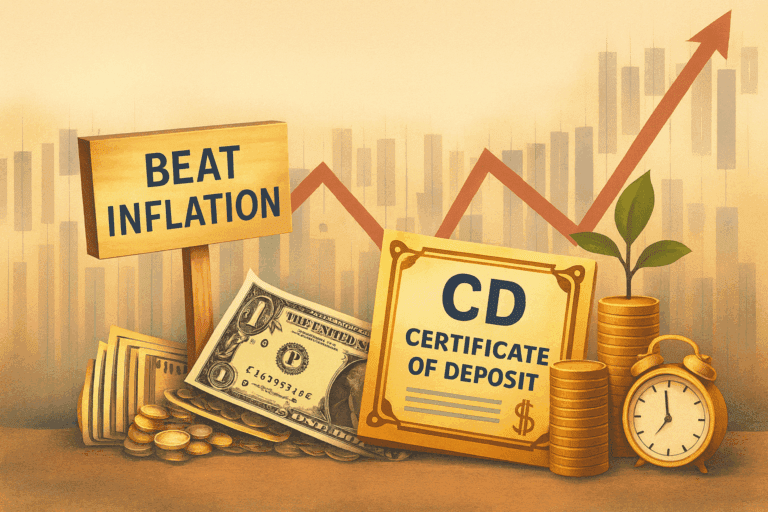A new survey has revealed that Gen Z is the most financially stressed generation in the United States, according to USA Today. Rising costs, job insecurity, and increasing debt are making it difficult for young adults to feel financially secure. Among them, Gen Z women are experiencing the highest levels of money-related anxiety. A recent Credit One Bank survey supports these findings, showing that financial concerns are at the forefront of Gen Z’s daily lives, with many reporting difficulty in building savings or making ends meet.
Why is Gen Z Struggling?
One of the biggest reasons Gen Z is facing financial stress is the cost of living. Rent prices have skyrocketed, groceries are more expensive than ever, and student loan debt continues to burden many young adults. With wages struggling to keep up, Gen Zers are finding it harder to afford basic necessities.
Another major factor is job insecurity. Many members of Gen Z entered the workforce during or after the COVID-19 pandemic, a time of economic uncertainty. Some industries have bounced back, but layoffs, automation, and an unpredictable job market make it tough to find stable employment.
On top of that, financial education is lacking. Many young people feel unprepared to handle money wisely. Without strong budgeting or savings habits, small financial problems can quickly turn into major struggles.
Why Are Gen Z Women More Stressed?
The survey found that Gen Z women report higher financial anxiety than men. One reason is that women, on average, earn less than men. This gender pay gap makes it harder for them to save, invest, and pay off debt at the same rate as their male peers.
Additionally, societal expectations place financial pressures on women. Many feel the need to balance career goals with family planning, which can create extra stress. The burden of student loans, high housing costs, and lower wages make it even harder to plan for the future.
A Generational Shift in Financial Attitudes
Unlike baby boomers and Gen X, who generally experienced stable career paths, rising wages, and affordable housing, Gen Z grew up in a time of economic instability. Millennials were the first to feel the full effects of skyrocketing student debt and a shifting job market, but Gen Z has inherited even greater financial burdens. The Credit One Bank survey highlights how each generation’s financial outlook has been shaped by the economic conditions they grew up with, making it clear that Gen Z faces unique challenges.
Read More: Why Gen Z Is Clashing in the Workplace
What Can Be Done?
Many young adults are turning to side hustles to make ends meet. Over 40% of Gen Zers say they are working extra jobs to cover expenses. While this can help, it often means long hours and burnout.
Another strategy is budgeting. Those who track their spending and create savings goals report feeling more in control of their finances. Financial education programs can also help young people make smarter money decisions.
The Future of Gen Z’s Finances
While the financial stress is real, there is hope for Gen Z. As they gain more work experience, their earnings are likely to increase. Many are also becoming more financially savvy, using technology to track spending, invest early, and plan for the future.
Policymakers and employers can also play a role by addressing wage gaps, offering financial education, and creating more stable job opportunities. With the right support, Gen Z can move toward a more secure financial future.
Read More: 15 Gen Z Slang Terms You Should Know








